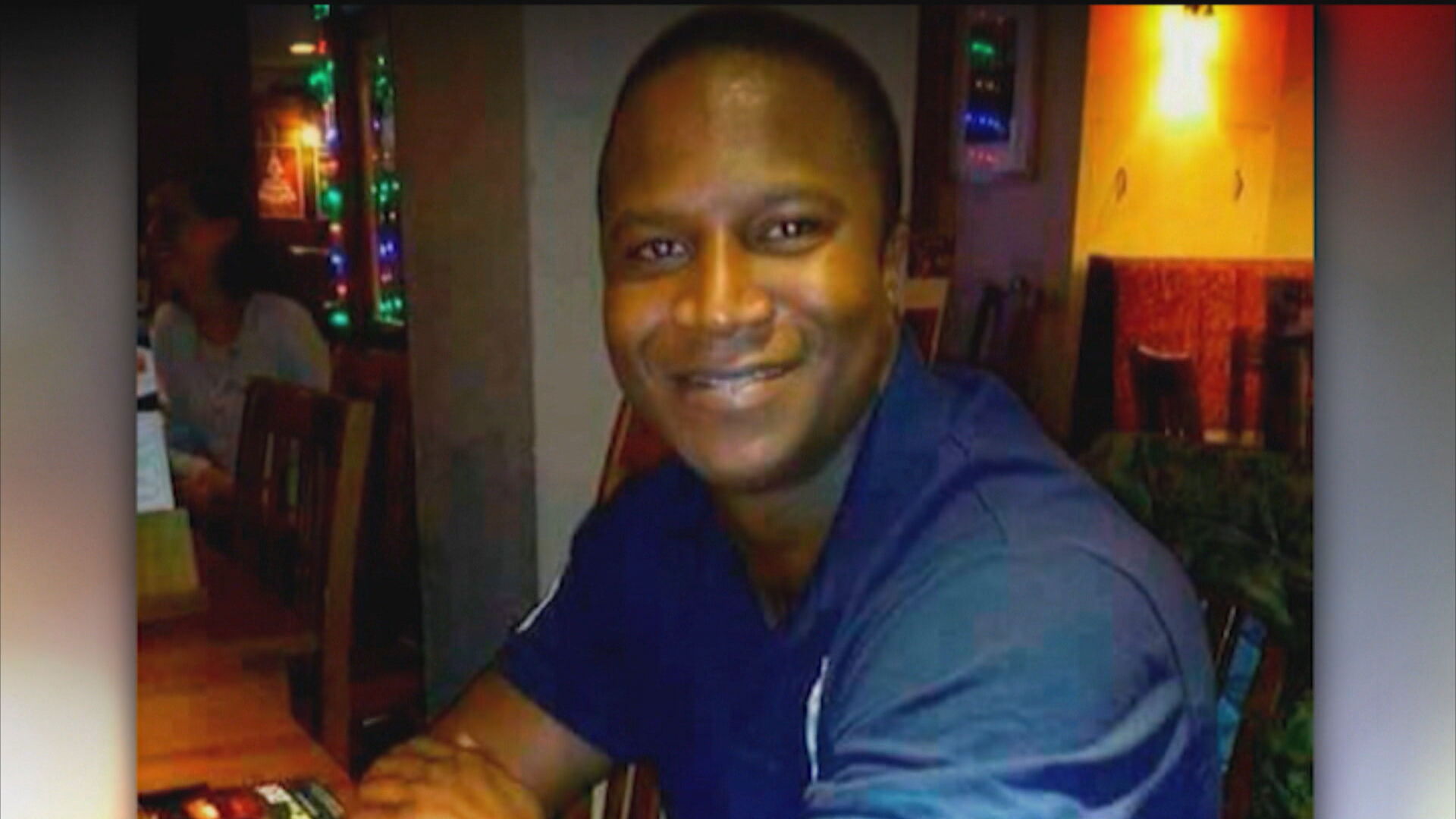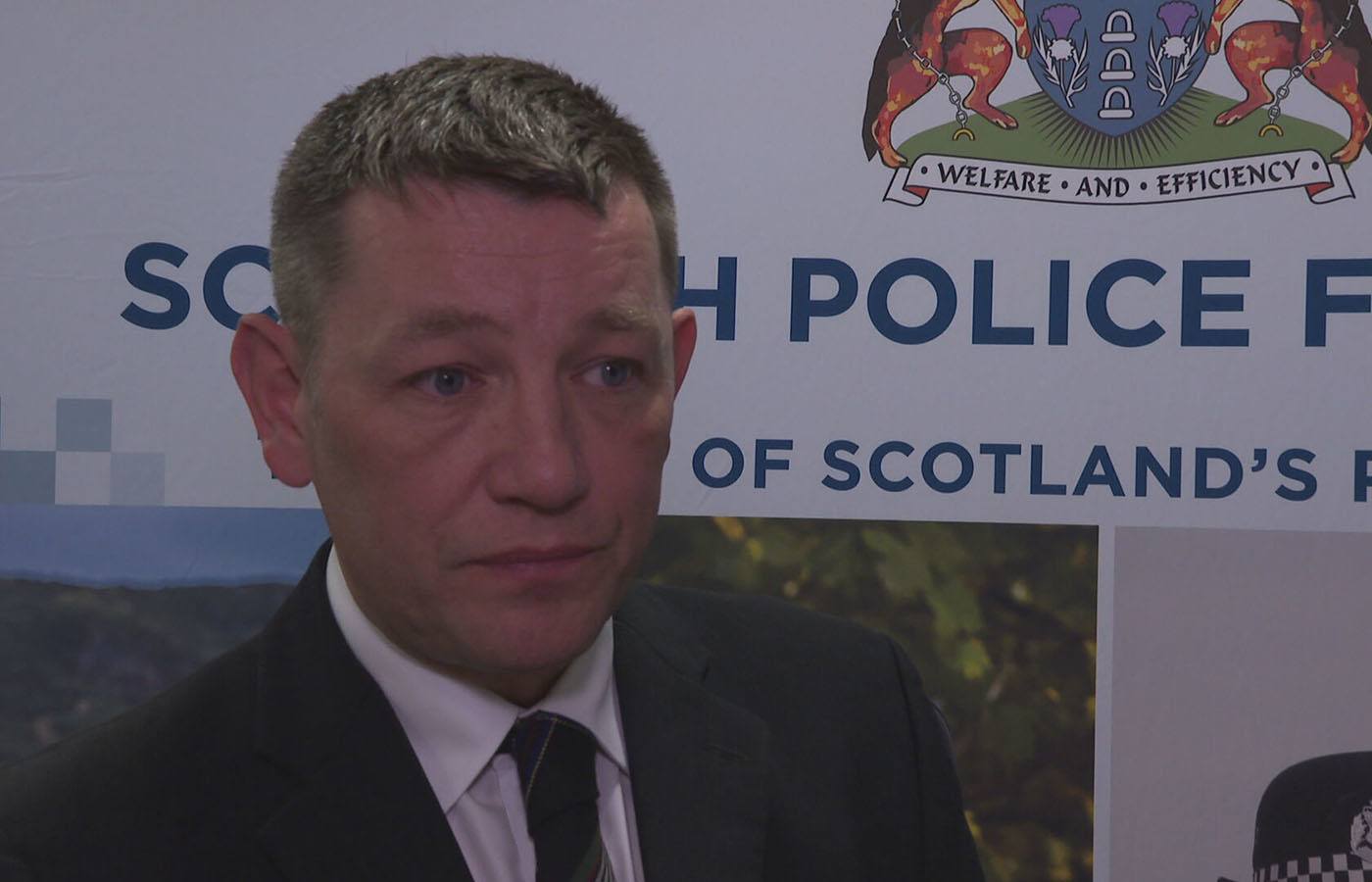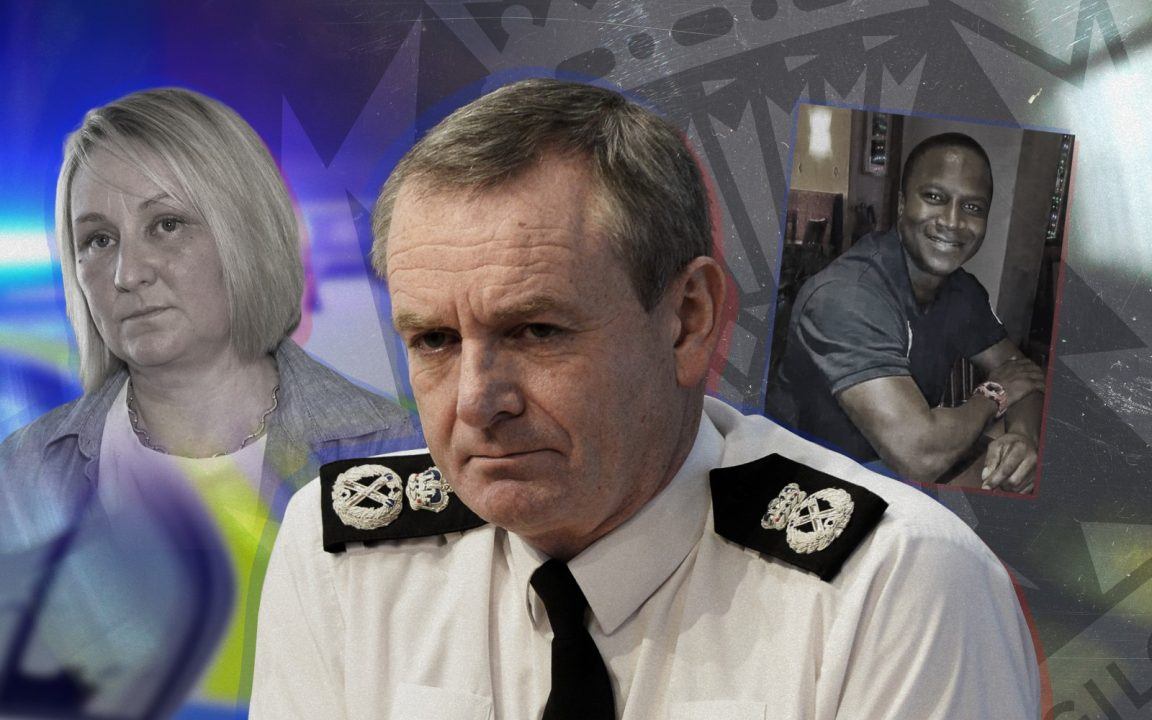In one of his last acts before retiring, Sir Iain Livingstone admitted that Police Scotland “is institutionally racist”.
The Chief Constable’s statement is believed to be the first of its kind by a serving police chief.
Sir Iain stressed the admission “absolutely does not mean” all officers and staff are racist, sexist or homophobic, and he praised the “incredible” work they do each day to keep people and communities safe.
But he said unequivocally that Police Scotland is institutionally racist and discriminatory.
His statement was described as “monumental” and “historic” by First Minister Humza Yousaf in the Scottish Parliament chamber.
He said: “I remember raising issues in the police force – Strathclyde Police, as it was back then – when I was stopped and searched over a dozen times as a young boy.
“Whether it was in my car or walking with my friends in the street, or in airports at the time. And so, the acknowledgement from the Chief Constable is very welcome.”
And Livingstone’s words were also heard loud and clear by those who say they have experienced racism and sexism by the force, which is the second largest in the UK.
Among them is Rhona Malone.
Last year, Police Scotland paid out nearly £1m to the former constable after an employment tribunal found a “horrific” culture of misogyny in the force.
Multiple victimisation claims under the Equality Act 2010 were upheld in favour of Malone in a judgement issued on October 5, 2021.
The tribunal ruled that there was an “absolute boys’ club” culture within a Police Scotland armed response vehicles (ARV) unit.
Following Thursday’s announcement, Malone told STV News: “There’s a lack of education about misogyny and I don’t think police officers – because it’s not spoken about or there isn’t much education around it – they don’t understand what it is.
“But every day there are comments made, there are behaviours towards female police officers that is misogynistic. It’s not been identified because people aren’t aware of what it is.”
Malone said she worked harder as a police officer as she felt she more to prove.
“It came across that I was more of a tick-box exercise when I was working in firearms – that soon became apparent after being there for a few months. I wasn’t given the same respect.
“I experienced a few incidents of misogyny. One that I’ve spoken about before was that I was accused of throwing my utility belt – that had a loaded weapon on it – out of anger; that I had thrown it down, I had taken a temper tantrum.
“That’s indicative of ‘women can’t handle their emotions’ and can be irresponsible. But that incident never happened.
“There’s many women like me and we’ve spoken out. My life was destroyed, the other women’s lives were destroyed – they had an opportunity there to put a stop to that.
“Chief Constable Iain Livingstone knew years ago there was a problem and he didn’t do anything about it, and it cost the public well over £1m for my case alone – and that’s only the case you’ve heard about.
“There’s so many others that are going on in the background
Sheku Bayoh
Police Scotland is also under pressure due to an ongoing public inquiry into the death of Sheku Bayoh, who died after he was restrained by police officers in Kirkcaldy.
That inquiry is looking to establish whether race was a factor in the 31-year-old’s death.
In a statement issued through lawyer Aamer Anwar, Bayoh’s family welcomed Livingstone’s statement on Thursday.
It read: “In the end the real test on institutional racism, will not be the sympathy expressed for families like those of Sheku Bayoh but whether this country acts to ensure that real change takes place in our all-powerful police service.
“Today’s statement by the Chief Constable is testament to families like those of Sheku Bayoh, Surjit Singh Chhokar and all those struggles fought by the victims of racial violence and injustice.
“Today is testament to all those officers who took an oath to serve our community, but because of their race, sexuality or gender were persecuted and discriminated against by their Police Service.”
 STV News
STV NewsThe Bayoh family also said they wanted to put on record their thanks to Livingstone for his compassion and empathy, and wished him all the best for the future post-retirement.
The statement continued: “Fighting for a proper investigation, never mind achieving robust and meaningful change, has involved the Bayoh’s in enormous challenges and obstacles at great personal cost to the emotional and physical health of their family, young and old.
“Their lives were changed forever on the 3rd May 2015, however the Public Inquiry into Sheku’s death has still a long way to go and it would inappropriate to comment further on that or reach any conclusions.”
Bayoh died after he was restrained by police officers in Kirkcaldy, Fife, in May 2015.
Anwar said Livingstone’s statement is testament to families like them and others and “all those struggles fought by the victims of racial violence and injustice”.
He said: “It’s historic. It’s a challenge – not just to policing in Scotland but policing all over the United Kingdom and especially the Metropolitan Police, who remain almost in childlike denial despite the undisputed evidence of institutional racism.
“It seems like a lifetime ago I made legal history in winning a civil action against Glasgow police for a racist attack, in which they smashed my front teeth smashed out and told me ‘this is what happens to black boys with big mouths’.
“For far too long those in policing have refused to accept the undeniable fact that institutional racism exists, as those in uniform continued to rain blows of racism on our communities.
“Today’s statement by the Chief Constable is testament to families like those of Sheku Bayoh, Surjit Singh Chhokar and all those struggles fought by the victims of racial violence and injustice.”
Rank-and-file police officers
David Threadgold, chair of the Scottish Police Federation (SPF), said there had been a “very significant” response from rank and file police officers in the wake of Livingstone’s comments.
“There’s a very real distinction between institutional racism – in the sense that it affects every individual – the Chief Constable was not saying that every individual within Police Scotland is racist.
 STV News
STV News“What he is saying is that organisationally, institutionally, our processes, our procedures, mean that that type of behaviour can exist and what he is looking to do is try and change that.”
The SPF represents 98% of police officers across Scotland and Threadgold said officers had been in touch with the union “in great numbers”.
“There is no escaping the fact that they feel let down by the words that are used and they feel that all they are trying to do is come to their work and deliver the best service that they can for their colleagues and the communities in Scotland and the impact of these words has been significant.
“There is no question that in the past we have been affected by that type of behaviour – there is no point in saying otherwise, that can be evidence through misconduct outcomes or employment tribunal outcomes or processes internally through grievance.
“What we have to do now is learn from those experiences organisationally and take that culture change from the top and route it right through our organisation.”

Insight Bernard Ponsonby Special Correspondent
This is a watershed day in the history of policing in Scotland.
It was a brave statement to make – not least because racism and discrimination has gone on during Iain Livingstone’s tenure and in some respects that must have been a difficult admission, but one he felt it was necessary to make because he believes it is a reality.
He sent a very clear message today to every officer – behave in a discriminatory fashion and you are out.
He retires in August and he has just in effect sent a memo to his successor calling for change. There is now no hiding place for the force, since the man at the very top has now admitted what many have been saying for some time.
Now, Sir Iain believes the overwhelming majority of officers behave with integrity. But it is not the reputation of individuals that is on the line tonight, it is the reputation of Police Scotland itself.
His successor now has a huge job to restore confidence and trust after a day that marks a low point in the history of policing in Scotland.
Follow STV News on WhatsApp
Scan the QR code on your mobile device for all the latest news from around the country




























